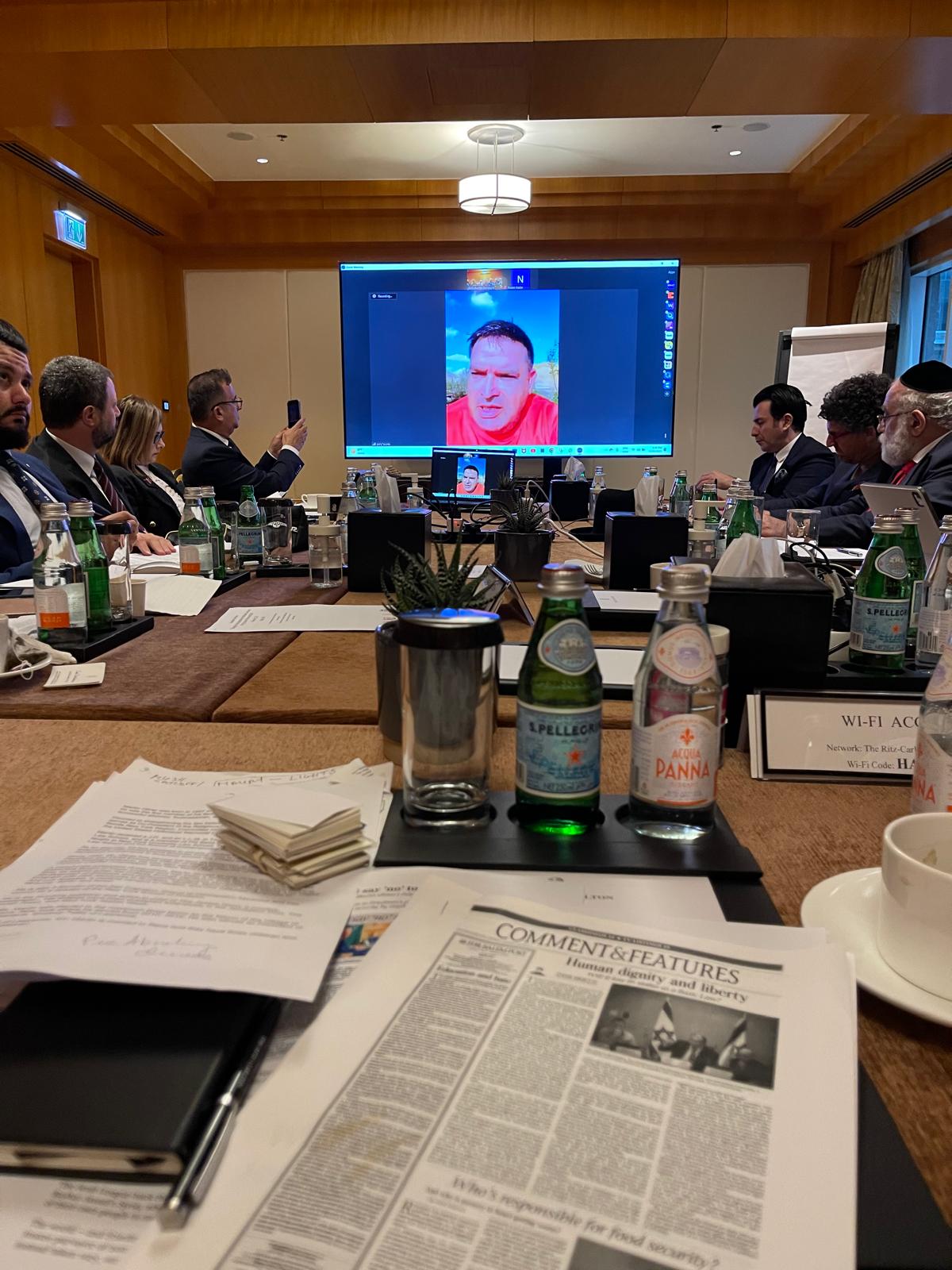


Leadership Roundtables – These gatherings bring together government officials, religious leaders, diplomats, academics, and civil society representatives who share a commitment to practical peacemaking. Our roundtables are not forums for virtue signaling or ideological posturing, but working sessions where participants can speak candidly about challenges and explore realistic solutions.
We create an environment where difficult topics can be broached honestly, where participants can acknowledge legitimate grievances without surrendering core principles, and where the focus remains on identifying paths forward that serve mutual interests. Success is measured not by the warmth of rhetoric, but by the durability of understanding and the practical progress achieved.
Dubai Roundtable – This roundtable examined the Abraham Accords as a model for pragmatic peace-building based on mutual benefit. Chaired by Culture for Peace Institute founder, Martin Oliner, the conference demonstrated how former adversaries can develop working relationships when shared interests are properly identified and cultivated.
Participants included:
The gathering demonstrated that when religious and cultural leaders focus on practical cooperation rather than theological harmony, significant progress becomes possible. Participants explored mechanisms for managing differences constructively while building upon areas of genuine common interest.
The Culture for Peace Institute and its partners hosted a roundtable at the UN Headquarters in NY as a side event to the High-Level Forum on the Culture of Peace. Sponsored by the UN Missions of Madagascar and Guatemala, the event focused on evidence-based approaches to conflict prevention and resolution.
Sponsors and Partners included:
Presenters included:
This roundtable focused on successful precedents in diplomacy and conflict resolution, examining what actually works rather than what sounds inspiring. Participants shared practical insights from their experience in managing complex international relationships and building enduring cooperation across cultural and religious divides.